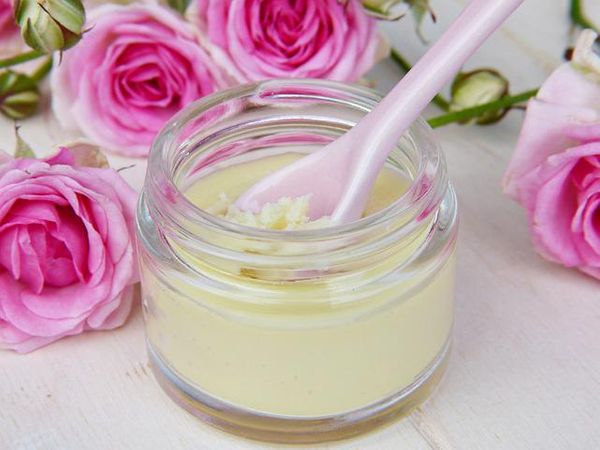Ghee, a type of clarified butter, boasts a higher fat concentration than regular butter due to the removal of water and milk solids. It has been an integral part of Indian and Pakistani traditions for millennia, appreciated for its numerous health benefits. The term ‘ghee’ finds its roots in the Sanskrit word ‘ghrita.’ This unique form of clarified butter was developed to prevent regular butter from spoiling in warm climates.
In the realm of Ayurveda, an ancient Indian system of complementary medicine, ghee finds uses beyond cooking and is referred to as ‘ghrita.’ Thanks to the removal of milk solids, ghee doesn’t require refrigeration and can be stored at room temperature for several weeks. Interestingly, extremely cold temperatures can cause it to solidify, much like coconut oil
Health Benefits Of Ghee
Ghee Helps in Digestion
Ghee is rich in healthy fats, which can act as a lubricant for the digestive system. It may help ease the passage of food through the gastrointestinal tract, reducing the risk of constipation and promoting smoother digestion.
Ghee contains butyric acid, a type of short-chain fatty acid, which can help nourish the cells lining the stomach and intestines. This can potentially enhance the integrity of the gut lining and promote a healthier digestive system. Ghee is considered to have a neutral or slightly alkaline pH, which may help balance stomach acidity. It is believed to soothe the digestive tract and can be particularly beneficial for those with acid reflux or gastritis. (Source)

Ghee Benefits For Heart Patients
Ghee primarily consists of saturated fats and monounsaturated fats, which are considered more stable for cooking. It has a balanced fatty acid profile that can contribute to heart health. The conjugated linoleic acid (CLA), a type of healthy fat that has been associated with various health benefits, including potential heart-protective effects is found in it. Ghee is also free from trans fats, which are known to be harmful to heart health and are commonly found in hydrogenated oils. (Source)
Ghee For The Immune System
Ghee contains fat-soluble vitamins such as A, D, and E, as well as antioxidants like beta-carotene. These nutrients play a role in supporting overall immune function. It contains butyric acid, a short-chain fatty acid. It may help in maintaining a healthy gut by supporting the growth of beneficial gut bacteria. A healthy gut is closely linked to a strong immune system. (Source) Besides, Ghee can be a source of essential nutrients that support overall health, and a well-nourished body is better equipped to maintain a robust immune system.

Ghee Benefits Healthy Pregnancy
During pregnancy, the body requires extra calories and nutrients to support the growing fetus. Ghee is calorie-dense and can help meet some of these increased energy and nutritional needs (Source). Ghee is a good source of fat-soluble vitamins such as A, D, E, and K. These vitamins are essential for fetal development and can support the health of both the mother and the growing baby.
Nutrition And Nutritional Value Of Ghee
According to the National Nutrient Database of the United States Department of Agriculture, one tablespoon (tbsp) of Ghee has the following nutrients (USDA). (Source)
- Calories 876
- Total Fat 99.5g
- Saturated Fat 61.9g
- Trans Fat ~g
- Cholesterol 256mg
- Sodium 2mg
- Protein 0.3g
Side Effects Of Ghee
Ghee is calorie-dense, and excessive consumption can lead to weight gain. It’s important to use it in moderation, especially if you are watching your calorie intake. Obese people, those with heart disease, kidney issues, or stomach-related issues should avoid ghee since it could increase their weight and make them unhealthier.
It is also high in saturated fats, which can contribute to elevated cholesterol levels when consumed in excess. If you have high cholesterol or are at risk, it’s advisable to limit your saturated fat intake. Patients with heart disease shouldn’t consume ghee because it may raise their risk of having a heart attack. (Source). Some individuals with sensitive digestive systems may find that ghee doesn’t agree with them, leading to digestive discomfort. (Source)
For everyday healthcare, know the healthy facts and nutrition of dairy products on Health Views Online where we share nutrition, health benefits, facts, precautions as well as side effects of various diary foods.





